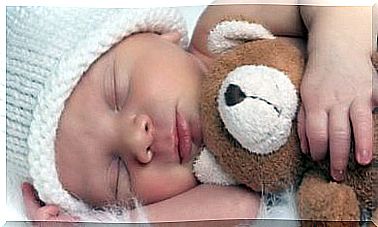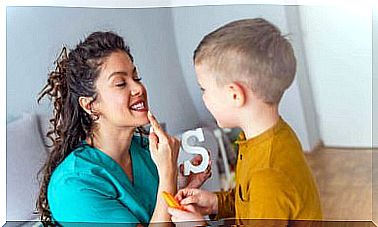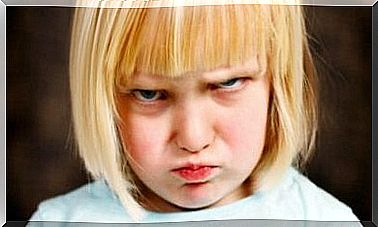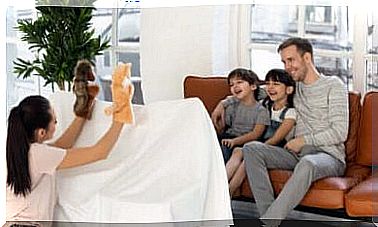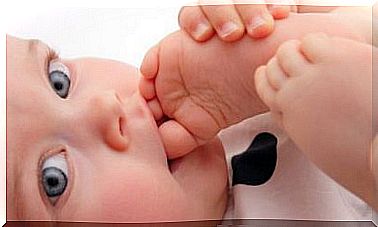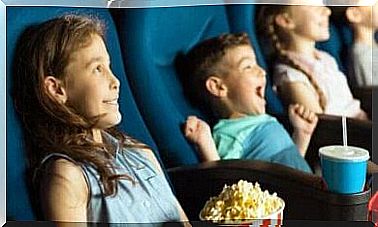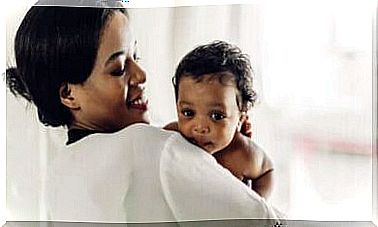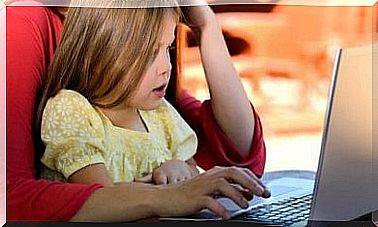Discover How Young Children Think
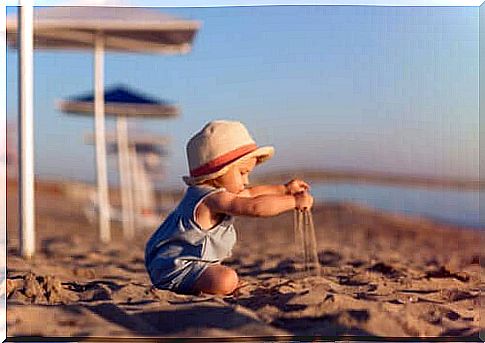
Many parents wonder how young children think when they look at their toddlers’ faces. Mothers and fathers would love to have the magic of getting into their child’s mind to find out what they are thinking and how they are thinking. But it’s all very mysterious!
Below we aim to solve this mystery so that you can get an idea of how toddlers think and what goes through their heads every day. If you’re curious, keep reading to better understand their cognitive functioning.
How do young children think?
To understand the thinking of toddlers, it is important to know the characteristics of their cognitive functioning. To give you a better insight, we have listed them for you.
- Language is the most important of the semiotic functions as it is used to represent objects or to express actions and thoughts.
- Children begin to use two types of mental representations: symbols and signs (for example, when drawing or playing symbolically).
- Children imitate a caregiver even when not in the caregiver’s presence. Another version of this is verbal recall (e.g. when they “meow” even though they can no longer see the cat).
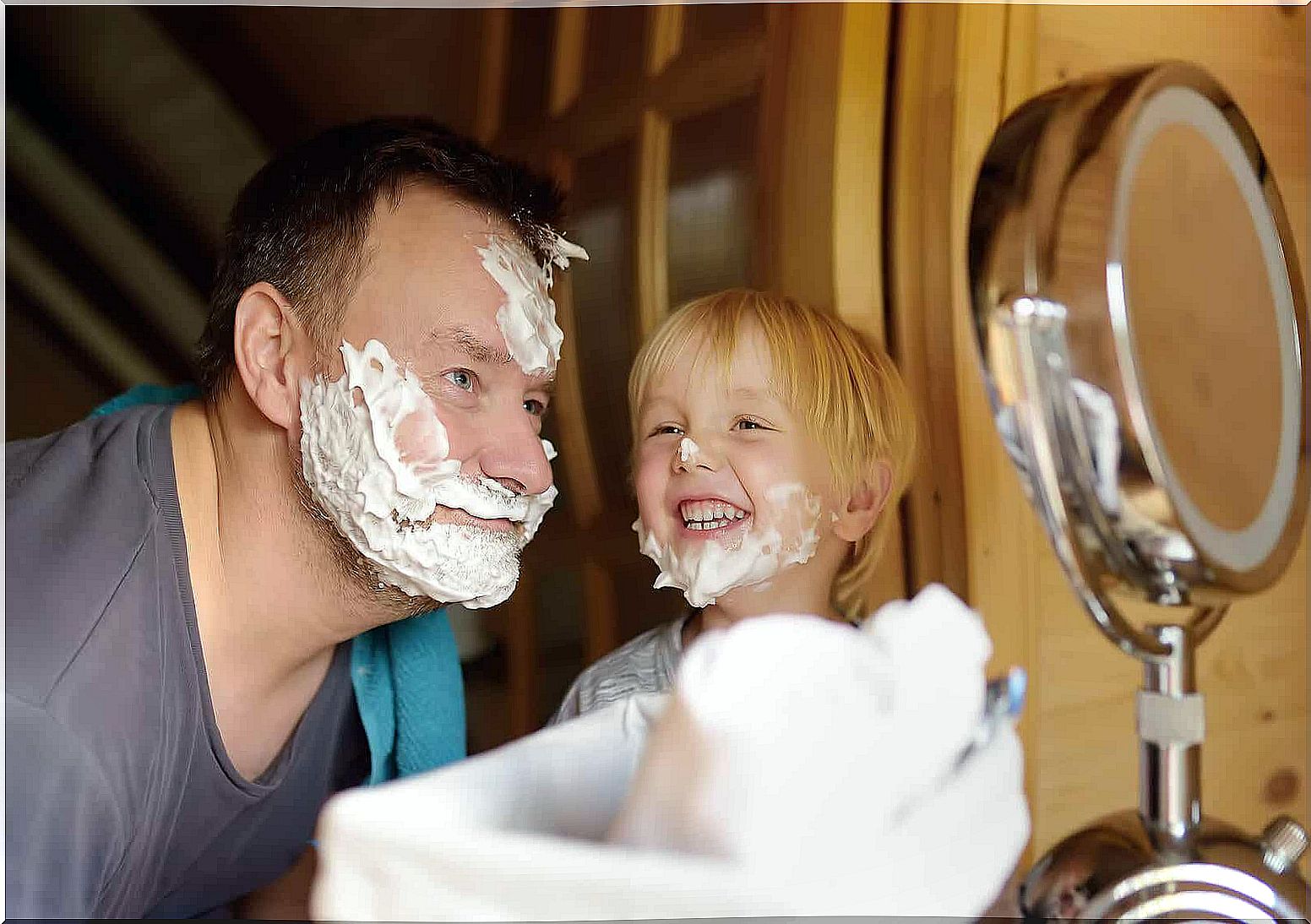
- They are self-centered, meaning they are not fully able to see things from another person’s perspective or to put themselves in another person’s shoes.
- Children are focused on and only really concerned with their immediate environment. They don’t think about distant goals or situations in time and space.
- They cannot make comparisons between things (e.g. bigger, smaller). Children see each thing separately.
- They cannot distinguish between psychological and physical events. They don’t know the difference between internal and external (eg thinking as part of speech).
- Children personify objects. They believe that objects can feel or act like human beings (eg, believe a doll is angry).
What else do you need to know about how young children think?
Following the list above, let’s mention three more points that are no less important than the previous ones, as they will help you understand their reasoning a little better:
- Children’s reasoning is wrong. They may not see the relationship between two things or they may group things that are not related. For example: The girl has no name because she cannot speak. They may not see the relationship between cause and effect. For example: He is sick because he did not go to school.
- They can classify by one criterion, such as shapes, but no more than one at a time (like shape and color). This also applies to serialization (arranging different objects by size). They can sort objects into large and small, but cannot arrange them perfectly in a series from largest to smallest.
- Children do not necessarily have a clear understanding of numbers, even though they can count to 10. To have an understanding of numbers, they need to understand the ordinal properties, cardinal properties and conservation of numbers. They should also know that numbers can be grouped into different sets by addition and multiplication and that they can be divided by subtraction and division.
How to develop thinking in young children?
To develop cognitive skills in young children, a number of things must be taken into account. During the preschool years (3 to 6 years), parents can help their children reach their cognitive milestones through basic and necessary activities. Some important ones are discussed below.
Reading to children
Reading will help develop your child’s cognitive skills at a good pace. Daily reading to your children is essential and will make the difference between a child with a highly developed vocabulary and a child with a basic vocabulary. As you read to your children, they will develop:
- Vocabulary
- writing skills
- Language patterns
- thinking skills
- Attention skills
- Problem solving ability
- Memory
- Listening skills and much more
talk to them
Language is one of the most important aspects of cognitive development. The best way to develop it is to expose your child not only to hearing language, but also to using it.
You are the main source of their language in the early years, so it is important that you use it in a grammatically correct and stimulating way. Your child learns to talk by imitating you.
Talk to your little one all the time, every chance you get: in the car, in the bathroom, while eating, while playing, etc. The less time kids spend in front of TV and other screens, the more they spend with you and the people around them will talk.
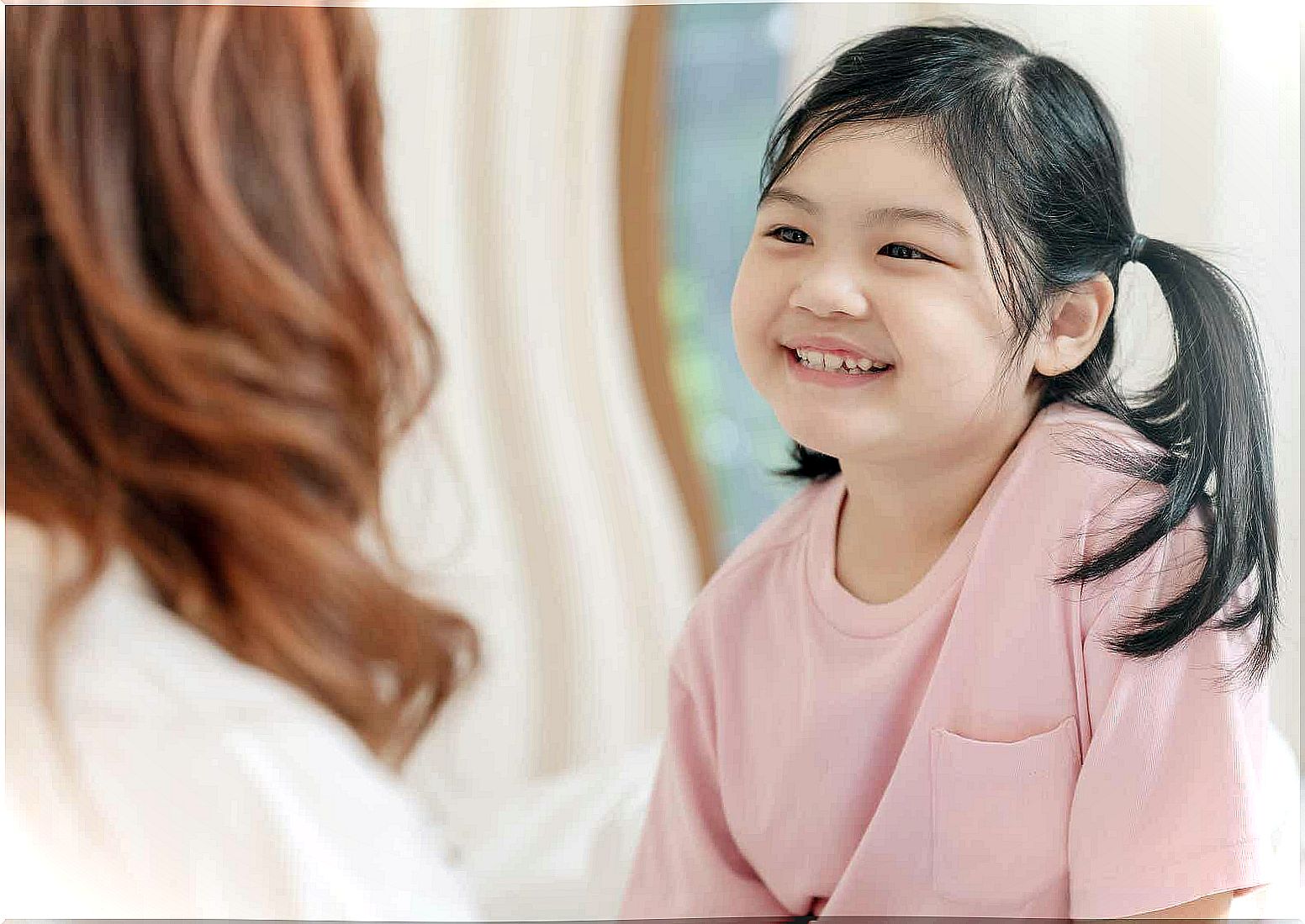
Singing nursery rhymes
Nursery rhymes are more than just a fun activity that kids enjoy. They are actually very stimulating and educational. They teach the little ones language patterns and help them develop vocabulary. Most importantly, they stimulate a child’s auditory perception skills such as auditory memory, sound discrimination, etc.
Expose your children to classic nursery rhymes, songs, poems, finger rhymes, nonsense rhymes, etc. Learning nursery rhymes is an important aspect of reading skills and will prepare your child for reading success later in school.
Play thinking games
Thinking is an important adult skill that needs to be actively worked on. Many older adults find it difficult to think ‘out of the box’, to find solutions or to think critically. Mind games are specifically designed to work on your child’s higher and critical thinking skills.
They encourage your child to actively practice thinking. There are several examples of thinking skills. These are just a few:
- To predict
- To summarise
- Understanding cause and effect
- Creating their own opinion
- Distract
- Creative thinking through creative activities
So, now that you know more about how young children think, what are you waiting for to put into practice these activities we suggested to maximize your child’s cognitive skills?


